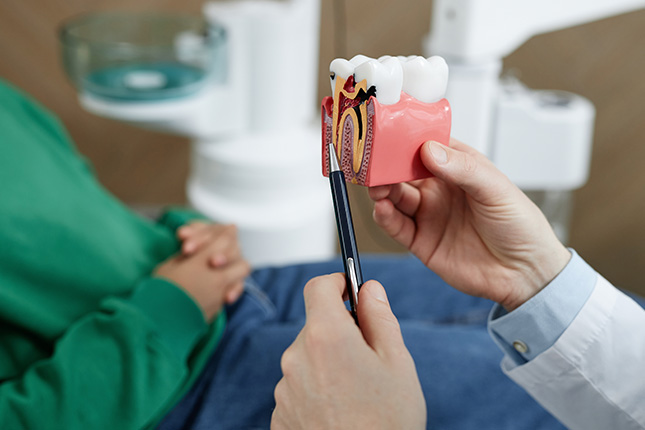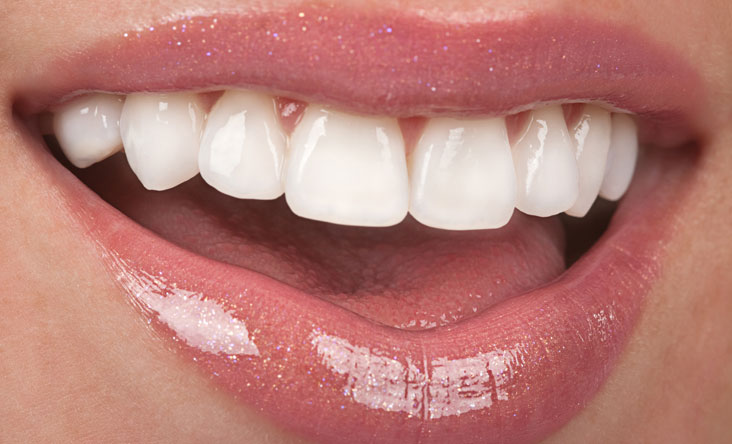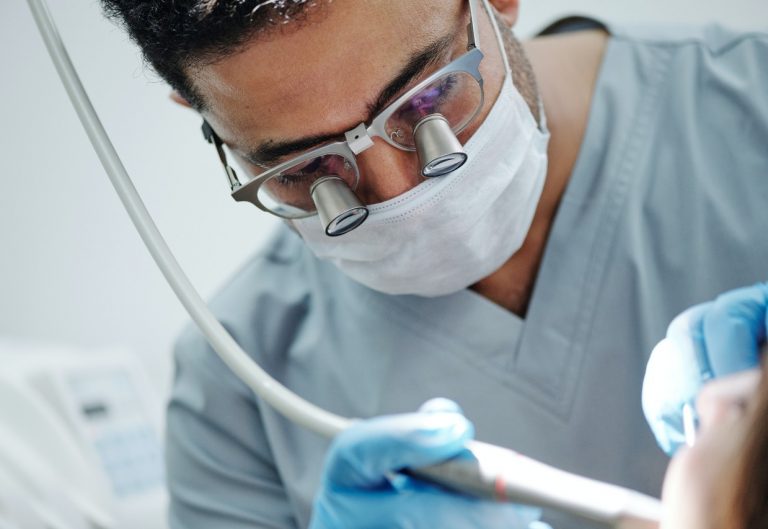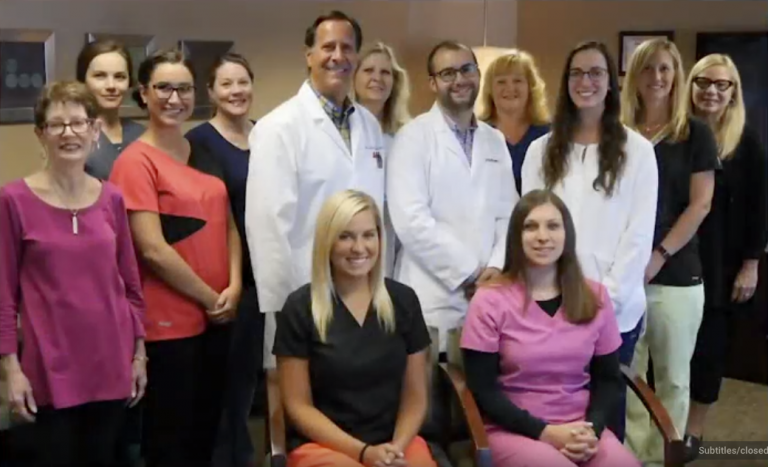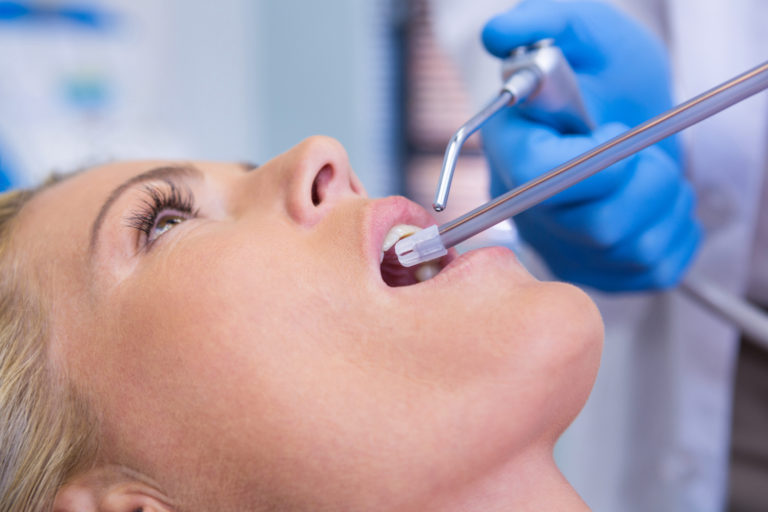The proactive approach of preventive dentistry is crucial in maintaining a healthy smile and overall well-being. This approach not only helps avoid significant dental issues but also supports a healthier lifestyle. By engaging regularly with a dentist in Pittston who focuses on preventive measures, you can ensure that minor problems don’t turn into major complications. Here’s a deeper look into what preventive dentistry entails, why it’s essential, and the common dental issues it helps prevent.
Introduction to Preventive Dentistry
Preventive dentistry is the practice of caring for your teeth to keep them healthy and prevent the onset of dental problems. This includes several practices and treatments aimed at maintaining optimal oral health. By regularly visiting your dentist for check-ups, cleanings, and the application of protective measures such as fluoride treatments and dental sealants, you’re taking proactive steps to minimize the risk of cavities, gum disease, and even more severe dental conditions down the line. In Pittston, preventive dentistry is not just a method of maintaining dental health but a comprehensive approach to promoting lifelong health and wellness.
The Importance of Regular Dental Visits
Regular dental visits are foundational to preventive dentistry. These appointments allow your dentist to do more than just clean your teeth; they are critical opportunities to detect early signs of dental issues. Routine examinations can reveal problems like cavities, gum disease, and even early signs of oral cancer, which can be treated more effectively when caught early. Additionally, these visits allow your dentist to monitor the development of your oral health over time, adjust care plans as necessary, and provide personalized advice on better dental care practices. For residents in Pittston, consistent check-ups are the key to catching potentially expensive and painful issues before they become severe.
Common Dental Problems Prevented by Regular Visits
By adhering to a schedule of regular dental check-ups, several common dental problems can be prevented or mitigated. For example, tooth decay and cavities can be caught early or even avoided entirely through fluoride treatments and professional cleanings that remove plaque buildup—a primary cause of decay. Gum disease, which can lead to tooth loss and other serious health issues, can be managed effectively with regular deep cleaning and periodontal care. Additionally, preventive visits can help avoid the development of more severe conditions such as dental abscesses and root infections, which require more intensive treatments. The practice of preventive dentistry in Pittston particularly focuses on these areas, ensuring that the community maintains good oral health through regular care.
Services Included in Preventive Dentistry
Preventive dentistry encompasses a variety of services designed to prevent dental disease and maintain healthy teeth and gums. These include professional teeth cleanings which remove plaque and tartar that regular brushing can’t, as well as dental exams to monitor the health of your mouth and detect early signs of dental problems. X-rays play a critical role in revealing dental issues hidden below the surface, like impacted teeth, abscesses, or jawbone damage that cannot be seen during a visual examination.
Additionally, dental sealants may be applied to the chewing surfaces of the back teeth where decay occurs most often. These sealants are protective coatings that prevent bacteria and food particles from lodging in the crevices of the teeth. Fluoride treatments are also common; they strengthen the enamel and reduce the risk of decay. For those in Pittston, these preventive services are crucial in maintaining oral health and are a standard part of care in most local dental practices.
How Often Should You Visit the Dentist?
The general recommendation for dental visits is at least twice a year for cleanings and exams. However, the specific frequency can vary based on individual oral health needs. People at higher risk for dental diseases, such as those with a history of cavities and gum disease, or those with a weakened immune system, might need to visit their dentist more frequently.
Children should start seeing a dentist by their first birthday or within six months after their first tooth emerges. Regular visits for children are especially important as they can help ensure proper dental development and catch any abnormalities early. Your dentist in Pittston can provide a personalized schedule for visits based on a thorough assessment of your dental health and risk factors.
The Role of Dental Hygiene in Preventive Care
Between dental visits, personal oral hygiene is essential in maintaining dental health and preventing disease. Effective dental hygiene includes brushing teeth at least twice a day with fluoride toothpaste, flossing daily to remove plaque from between the teeth and along the gum line, and using mouthwash to kill bacteria and freshen breath.
It’s also important to maintain a healthy diet that limits sugary and acidic foods and beverages, which can erode enamel and promote decay. For those wearing orthodontic devices like braces, special care including using interdental brushes might be necessary. In Pittston, your dentist can provide tailored advice and demonstrations on proper brushing and flossing techniques during your regular visits, ensuring you have the tools needed to maintain your oral health at home.
The Benefits of Early Detection
Early detection of dental issues through regular preventive visits is crucial for effective treatment. Identifying problems like cavities, gum disease, or early signs of oral cancer before they escalate can significantly simplify treatment options, reduce discomfort, and save on costs associated with more complex procedures. For instance, treating a small cavity with a simple filling is far less invasive and less expensive than performing a root canal on a severely decayed tooth. Additionally, early detection of conditions like misalignment in children can guide timely orthodontic interventions, which might prevent more severe complications later. Dr. Grossman emphasizes the importance of regular screenings as a core component of preventive dentistry in Pittston, helping patients maintain their oral health and overall wellbeing.
Pediatric Preventive Dentistry in Pittston
Pediatric preventive dentistry focuses on the unique needs of children, from infancy through adolescence. This includes early dental assessments, which can guide the development of healthy teeth and detect early signs of dental issues. Preventive treatments such as fluoride applications and dental sealants are also important for protecting young teeth from decay. Educating children on proper brushing and flossing techniques, as well as the impact of diet on dental health, are further aspects of pediatric care that can instill lifelong healthy habits. Regular visits to a pediatric dentist can make dental care a routine part of a child’s health regimen, reducing anxiety associated with dental visits and fostering a positive attitude towards dental health.
Financial Benefits of Preventive Dentistry
Investing in preventive dentistry can lead to significant financial savings over time. By avoiding the development of severe dental issues, families can minimize the need for costly and extensive dental procedures. Regular cleanings and check-ups, although associated with periodic payments, help avoid the financial burden of treatments such as implants, extensive root canals, or orthodontic corrections that might become necessary due to neglect. Furthermore, many dental insurance plans offer better coverage for preventive care than for restorative treatments, recognizing the cost-effectiveness of maintaining oral health rather than treating diseases.
Choosing the Right Dentist for Preventive Care in Pittston
Selecting the right dentist is critical for effective preventive dentistry. When choosing a dentist in Pittston, consider their specialization in preventive care, the range of services they offer, and their approach to patient education. Look for dentists who emphasize the importance of regular check-ups, who invest in the latest dental technology, and who have a track record of positive patient outcomes. It’s also important to choose a dentist with whom you feel comfortable discussing your health concerns, and who demonstrates a clear commitment to your long-term dental health.
